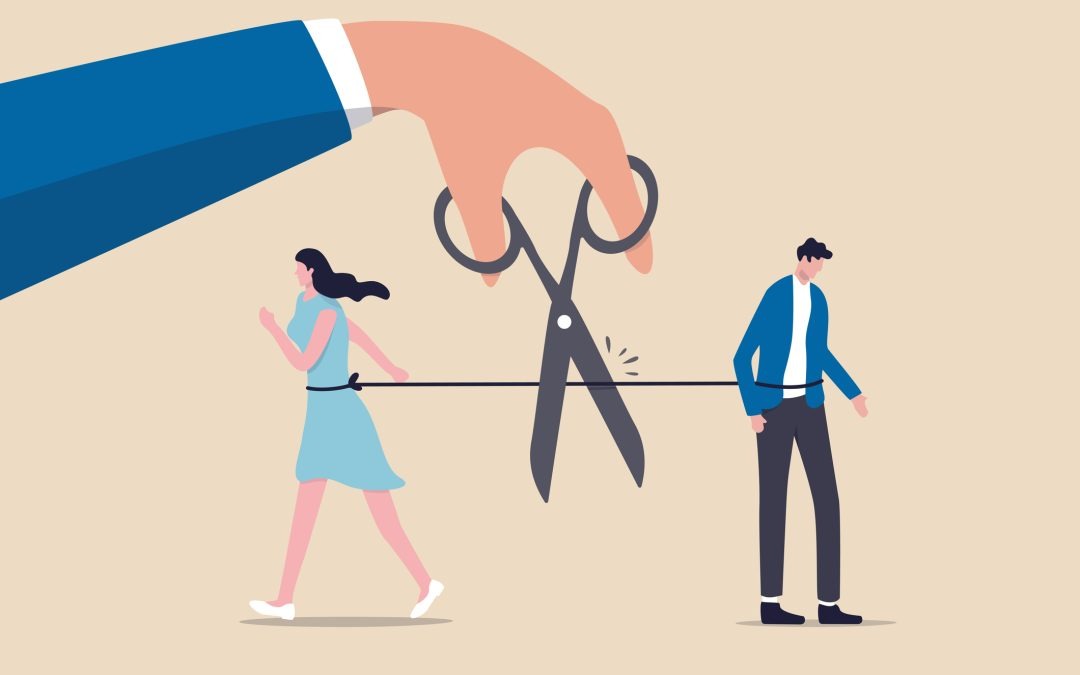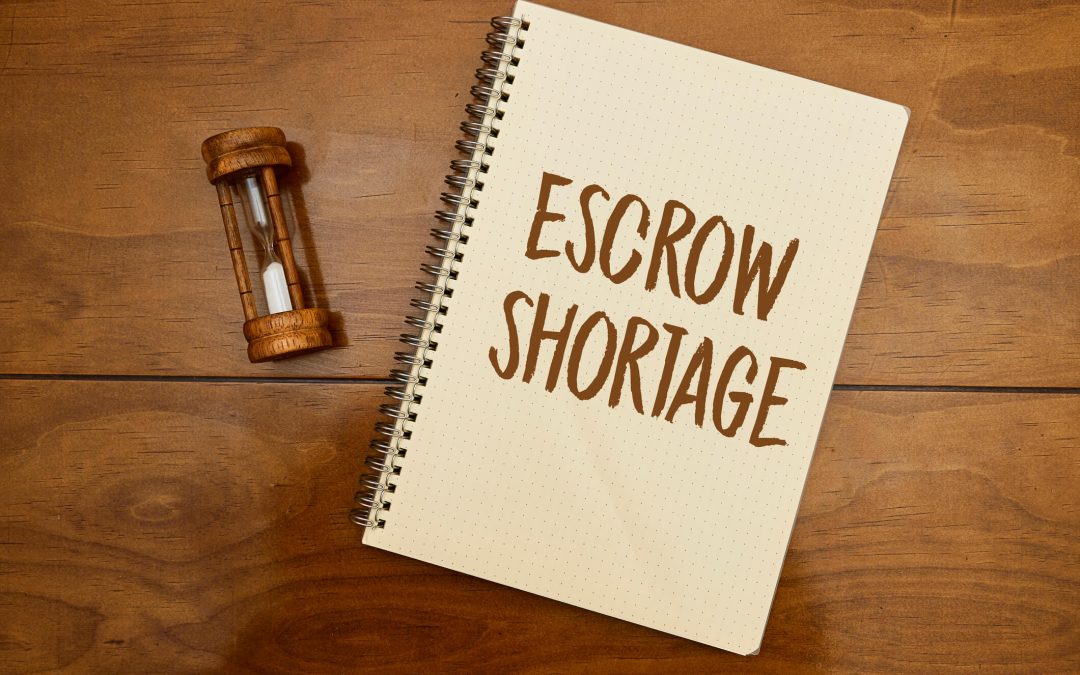
Can I file for bankruptcy if I am separated from my spouse?
The question often comes up as to whether it is more beneficial to file for bankruptcy before or after a divorce. It really depends on your situation and what assets are being divided up in the divorce. You can file for bankruptcy if you are separated from your spouse. That can really simplify the divorce process and eliminate all the debt instead of litigating on who is going to pay for what debts. The divorce process can also be very costly relative to filing for bankruptcy.
There are situations where one spouse earns significantly more income than the other. This can make the difference between qualifying for a Chapter 7 or having to file a Chapter 13. If you are married, your spouse’s income is required to be included, whether or not they are filing for bankruptcy with you. If you are separated and residing in different households, you still have the option to file for bankruptcy together or file alone without your spouse and not include their income. There is a way to include both people’s incomes and both people’s expenses on separate budgets in the bankruptcy petition if both spouses want to file for bankruptcy. Many times, this enables both people to file for a Chapter 7 because you are evaluating the income as if they are each individual households rather than counting all the income towards one household.
There are people who “separate” and are in the process of divorce even though they are residing in the same house. There are factors to look at in terms of whether you are still splitting expenses? Are you still on joint accounts paying bills together? Is one person paying the bills? Are you still living in the marital home? Generally is better to be living separately or you would have to show that economically you are not still operating fiscally as one household. If you do have any questions about timing of the filing and how to proceed with it, it is best to consult with an attorney.








